Home>Gardening & Outdoor>Landscaping Ideas>What Kind Of Grass Grows In Tennessee
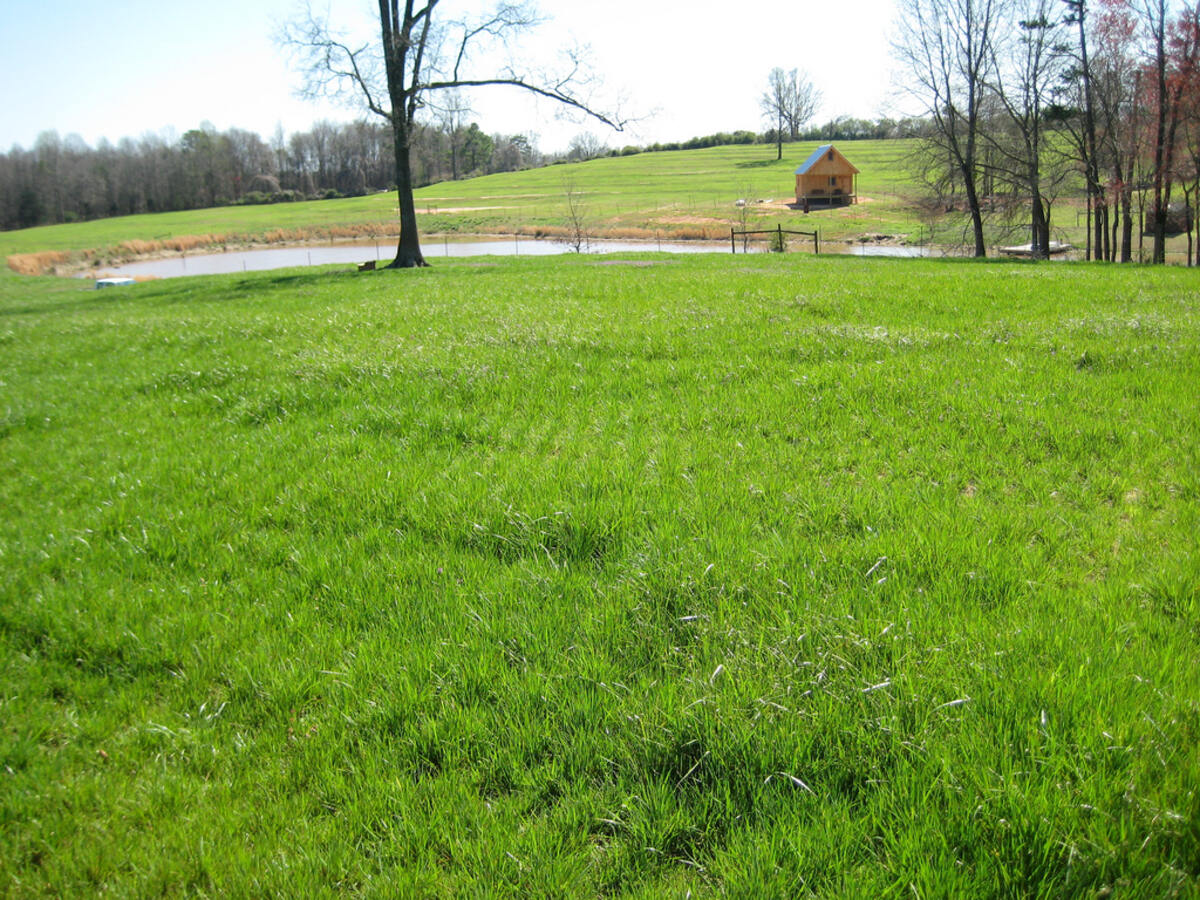

Landscaping Ideas
What Kind Of Grass Grows In Tennessee
Published: January 27, 2024
Discover the best landscaping ideas for Tennessee with our guide on the types of grass that thrive in the region. Create a lush, vibrant lawn with the perfect grass for your Tennessee landscape.
(Many of the links in this article redirect to a specific reviewed product. Your purchase of these products through affiliate links helps to generate commission for Storables.com, at no extra cost. Learn more)
Introduction
When it comes to creating a lush, vibrant lawn in Tennessee, choosing the right type of grass is crucial. The state's diverse climate, with its hot summers and cold winters, presents a unique set of challenges for homeowners and landscapers. Understanding the different types of grasses that thrive in Tennessee's climate is essential for achieving a healthy and beautiful lawn.
In this comprehensive guide, we will explore the various types of grasses that are well-suited for Tennessee's climate. From warm-season grasses that flourish in the summer heat to cool-season varieties that withstand the winter chill, there are several options to consider. Additionally, we will delve into native grasses that are naturally adapted to Tennessee's environment, as well as the best grasses recommended for achieving stunning lawns in the state.
By gaining insight into the characteristics and growth patterns of different grass species, homeowners and landscaping enthusiasts can make informed decisions about the most suitable options for their specific needs. Whether you're aiming for a resilient, low-maintenance lawn or a visually striking landscape, understanding the nuances of grass types is the first step toward achieving your desired outdoor aesthetic.
Join us as we embark on a journey through the verdant world of grasses, discovering the unique attributes and benefits of each variety in the context of Tennessee's climate. By the end of this guide, you'll be equipped with the knowledge to make informed choices and transform your outdoor spaces into thriving, picturesque havens.
Key Takeaways:
- Choose Bermuda grass for a lush Tennessee lawn. Its heat tolerance and rapid growth make it resilient and visually appealing, perfect for a vibrant outdoor space.
- Opt for Kentucky bluegrass for a resilient Tennessee lawn. Its fine texture, rich green color, and cold tolerance create a visually appealing and durable landscape.
Read more: When Does Grass Stop Growing In Tennessee
Warm-Season Grasses
Warm-season grasses are well-suited for Tennessee's climate, thriving in the hot and humid summers that are characteristic of the region. These grasses exhibit optimal growth during the warm months, offering lush greenery and excellent heat tolerance. Here are some popular warm-season grass varieties that are ideal for Tennessee:
Bermuda Grass
Bermuda grass is a top choice for Tennessee homeowners seeking a resilient and visually appealing lawn. Known for its exceptional heat tolerance and rapid growth, Bermuda grass forms a dense turf that can withstand heavy foot traffic. Its fine texture and vibrant green color make it a favored option for lawns, parks, and athletic fields.
Zoysia Grass
Zoysia grass is another warm-season variety that excels in Tennessee's climate. This grass type is celebrated for its dense growth pattern, which creates a luxurious carpet-like appearance. With its moderate shade tolerance and impressive drought resistance, Zoysia grass is an excellent choice for lawns and landscapes in Tennessee.
Centipede Grass
Centipede grass is valued for its low maintenance requirements and ability to thrive in Tennessee's warm climate. Its light green hue and coarse texture lend a unique charm to lawns, while its natural resistance to pests and diseases makes it a practical option for homeowners seeking a hassle-free grass variety.
Read more: What Kind Of Grass Grows In Illinois
Bahia Grass
Bahia grass is well-suited for Tennessee's climate, particularly in areas with sandy soils. This grass type exhibits excellent heat tolerance and is known for its deep root system, which enables it to withstand drought conditions. With its coarse texture and impressive durability, Bahia grass is a popular choice for pastures and erosion control in the state.
Warm-season grasses offer an array of benefits for Tennessee homeowners, including their ability to thrive in the region's hot and humid summers. By selecting the right warm-season grass variety based on specific needs and preferences, homeowners can create vibrant, resilient lawns that enhance the beauty of their outdoor spaces.
Cool-Season Grasses
Cool-season grasses play a vital role in maintaining vibrant lawns during Tennessee's chilly winters and mild springs and falls. These grass varieties exhibit optimal growth in cooler temperatures, offering lush greenery and resilience in the face of seasonal fluctuations. Here are some popular cool-season grasses that are well-suited for Tennessee's climate:
Kentucky Bluegrass
Kentucky bluegrass is a prominent cool-season grass known for its fine texture and rich green color. It thrives in Tennessee's cooler seasons, creating a dense and visually appealing lawn. With its exceptional cold tolerance and ability to recuperate from stress, Kentucky bluegrass is a favored choice for lawns, parks, and recreational areas in the state.
Tall Fescue
Tall fescue is celebrated for its adaptability to a wide range of soil types and its remarkable drought tolerance. In Tennessee, this cool-season grass variety flourishes in the cooler months, providing homeowners with a resilient and low-maintenance lawn option. Its deep root system and ability to withstand foot traffic make it an ideal choice for lawns and landscapes in the state.
Read more: What Kind Of Grass Grows In Indiana
Fine Fescue
Fine fescue encompasses several species, including creeping red fescue, chewings fescue, hard fescue, and sheep fescue. These grasses are valued for their shade tolerance and low maintenance requirements, making them suitable for Tennessee's diverse landscapes. With their fine texture and ability to thrive in cooler temperatures, fine fescues contribute to the lushness and visual appeal of lawns in the state.
Perennial Ryegrass
Perennial ryegrass is known for its rapid germination and establishment, making it an excellent choice for overseeding warm-season lawns in Tennessee. This cool-season grass variety exhibits exceptional wear tolerance and quick growth, enhancing the resilience and aesthetic appeal of lawns during the cooler months. Its vibrant green color and fine texture add to the visual allure of landscapes in the state.
Cool-season grasses offer homeowners in Tennessee the opportunity to maintain vibrant and resilient lawns throughout the cooler months. By selecting the right cool-season grass variety based on specific preferences and environmental conditions, homeowners can ensure that their outdoor spaces remain visually striking and healthy year-round.
Native Grasses
Native grasses play a pivotal role in the ecological landscape of Tennessee, offering a range of benefits that contribute to the state's biodiversity and environmental sustainability. These grasses have evolved over time to thrive in Tennessee's specific climate and soil conditions, making them well-suited for landscaping and conservation efforts. By incorporating native grasses into outdoor spaces, homeowners and land managers can promote the preservation of indigenous flora and fauna while enjoying the unique aesthetic and practical advantages that these grasses offer.
Switchgrass
Switchgrass, scientifically known as Panicum virgatum, is a prominent native grass species in Tennessee. This warm-season perennial grass is valued for its adaptability to a variety of soil types and its resilience in the face of environmental stressors. With its deep root system, switchgrass plays a crucial role in preventing soil erosion and enhancing the stability of landscapes. Additionally, this native grass serves as a valuable habitat and food source for wildlife, contributing to the overall ecological balance in Tennessee.
Read more: When Does Grass Start Growing In Tennessee
Little Bluestem
Little bluestem, or Schizachyrium scoparium, is another native grass that thrives in Tennessee's diverse ecosystems. This warm-season perennial grass is renowned for its ornamental value, featuring striking blue-green foliage that transitions to a vibrant bronze hue in the fall. Little bluestem is a resilient and low-maintenance grass species, making it an ideal choice for homeowners seeking to incorporate native flora into their landscapes while minimizing upkeep requirements.
Eastern Gamagrass
Eastern gamagrass, scientifically referred to as Tripsacum dactyloides, is a native warm-season grass that flourishes in Tennessee's fertile bottomlands and open woodlands. This tall, robust grass species offers excellent forage potential for livestock and wildlife, contributing to the state's agricultural and conservation efforts. With its deep root system and ability to thrive in moist soils, eastern gamagrass plays a vital role in stabilizing riparian areas and enhancing the overall health of Tennessee's natural habitats.
Indiangrass
Indiangrass, or Sorghastrum nutans, is a warm-season native grass that adds visual interest and ecological value to Tennessee's landscapes. This tall, bunchgrass species is characterized by its golden seed heads and graceful appearance, making it a favored choice for ornamental and conservation purposes. Indiangrass contributes to the restoration of native prairies and meadows, providing essential habitat and food sources for a diverse array of wildlife in Tennessee.
By embracing native grasses in landscaping endeavors, homeowners and land stewards can contribute to the preservation of Tennessee's natural heritage while enjoying the aesthetic appeal and practical benefits that these grasses offer. Whether used for erosion control, wildlife habitat enhancement, or ornamental landscaping, native grasses play a vital role in promoting ecological resilience and sustainability in the state.
Best Grasses for Tennessee
Selecting the best grass for your Tennessee lawn involves considering various factors, including climate, soil type, maintenance requirements, and intended use. While numerous grass species can thrive in Tennessee, some stand out for their resilience, visual appeal, and adaptability to the state's diverse landscapes. Here are the best grasses recommended for achieving stunning lawns in Tennessee:
Bermuda Grass
Bermuda grass is a top contender for Tennessee lawns due to its exceptional heat tolerance, rapid growth, and ability to withstand heavy foot traffic. This warm-season grass forms a dense turf with a vibrant green color, making it an ideal choice for residential lawns, parks, and athletic fields. Its resilience in hot and humid conditions, coupled with its low maintenance requirements, positions Bermuda grass as a favored option for homeowners seeking a visually striking and durable lawn.
Zoysia Grass
Zoysia grass is celebrated for its dense growth pattern, moderate shade tolerance, and impressive drought resistance, making it well-suited for Tennessee's climate. This warm-season grass creates a luxurious carpet-like appearance and exhibits resilience in the face of environmental stressors. With its ability to thrive in various soil types and its low water requirements, Zoysia grass offers homeowners a visually appealing and sustainable lawn option that enhances the beauty of their outdoor spaces.
Tall Fescue
Tall fescue stands out as an excellent cool-season grass for Tennessee lawns, offering adaptability to different soil types and remarkable drought tolerance. Its deep root system and ability to withstand foot traffic make it an ideal choice for lawns and landscapes in the state. With its lush, rich green color and resilience in cooler temperatures, tall fescue contributes to the vibrancy and health of lawns during Tennessee's cooler months, providing homeowners with a visually striking and low-maintenance grass option.
Kentucky Bluegrass
Kentucky bluegrass is renowned for its fine texture, rich green color, and exceptional cold tolerance, making it a favored choice for Tennessee lawns. This cool-season grass creates a dense and visually appealing lawn, thriving in the state's cooler seasons. With its ability to recuperate from stress and its adaptability to various soil types, Kentucky bluegrass offers homeowners a resilient and visually striking lawn option that enhances the aesthetic appeal of their outdoor spaces.
By carefully considering the unique characteristics and growth patterns of these grass species, homeowners in Tennessee can make informed decisions about the best grasses for their specific needs and preferences. Whether aiming for a resilient, low-maintenance lawn or a visually striking landscape, selecting the right grass variety is essential for achieving a thriving and picturesque outdoor haven.
Read more: What Kind Of Grass Grows In South Florida
Conclusion
In conclusion, the diverse climate of Tennessee presents both opportunities and challenges for homeowners and landscaping enthusiasts seeking to establish and maintain vibrant, healthy lawns. By exploring the array of warm-season and cool-season grasses that thrive in the state, as well as the ecological and aesthetic benefits of native grasses, individuals can make informed decisions to enhance the beauty and sustainability of their outdoor spaces.
Understanding the unique characteristics and growth patterns of warm-season grasses such as Bermuda grass, Zoysia grass, Centipede grass, and Bahia grass is essential for creating resilient and visually appealing lawns that can withstand the hot and humid summers in Tennessee. These grass varieties offer homeowners the opportunity to cultivate lush, vibrant landscapes that contribute to the overall aesthetic and functional value of their properties.
Similarly, cool-season grasses like Kentucky bluegrass, Tall fescue, Fine fescue, and Perennial ryegrass play a crucial role in maintaining vibrant lawns during Tennessee's cooler months. Their adaptability to varying soil types and resilience in cooler temperatures make them valuable options for homeowners aiming to achieve year-round visual appeal and health for their lawns.
Furthermore, the incorporation of native grasses such as Switchgrass, Little Bluestem, Eastern Gamagrass, and Indiangrass into landscaping endeavors not only adds to the ecological resilience of Tennessee's natural habitats but also enhances the aesthetic diversity and sustainability of outdoor spaces. These native grasses contribute to the preservation of indigenous flora and fauna while offering practical benefits such as erosion control, wildlife habitat enhancement, and low-maintenance landscaping solutions.
By carefully considering the unique attributes and growth requirements of different grass species, homeowners and land stewards in Tennessee can create thriving, picturesque outdoor havens that reflect the state's natural beauty and ecological richness. Whether aiming for a resilient, low-maintenance lawn or a visually striking landscape, the selection of the right grass variety is paramount in achieving outdoor spaces that are both visually appealing and environmentally sustainable.
In essence, the journey through the verdant world of grasses in Tennessee offers a wealth of options for creating and maintaining vibrant, healthy lawns. By leveraging the knowledge and insights shared in this guide, individuals can embark on their landscaping endeavors with confidence, knowing that they are equipped to make informed decisions that will transform their outdoor spaces into thriving, picturesque havens.
Frequently Asked Questions about What Kind Of Grass Grows In Tennessee
Was this page helpful?
At Storables.com, we guarantee accurate and reliable information. Our content, validated by Expert Board Contributors, is crafted following stringent Editorial Policies. We're committed to providing you with well-researched, expert-backed insights for all your informational needs.
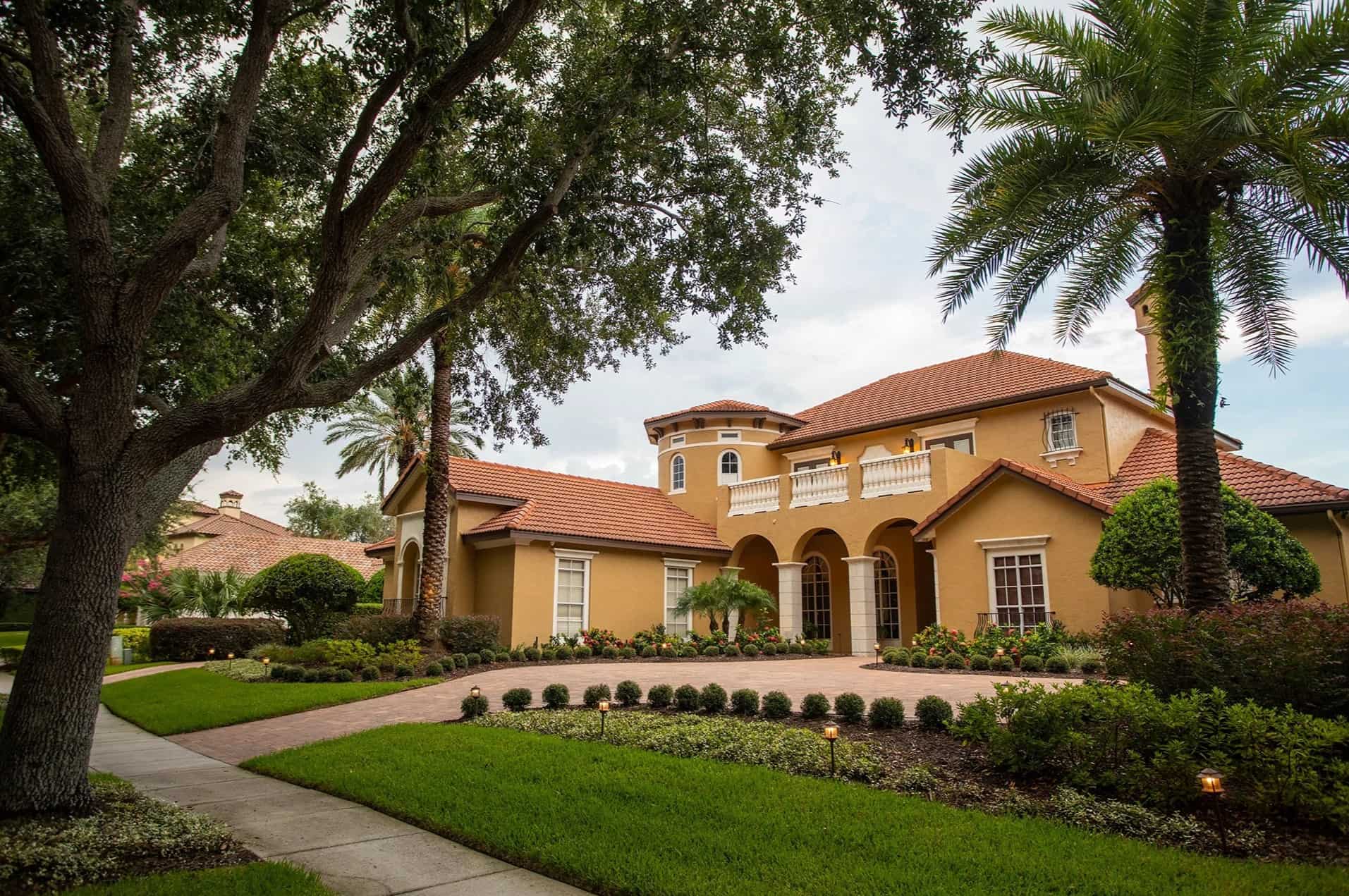
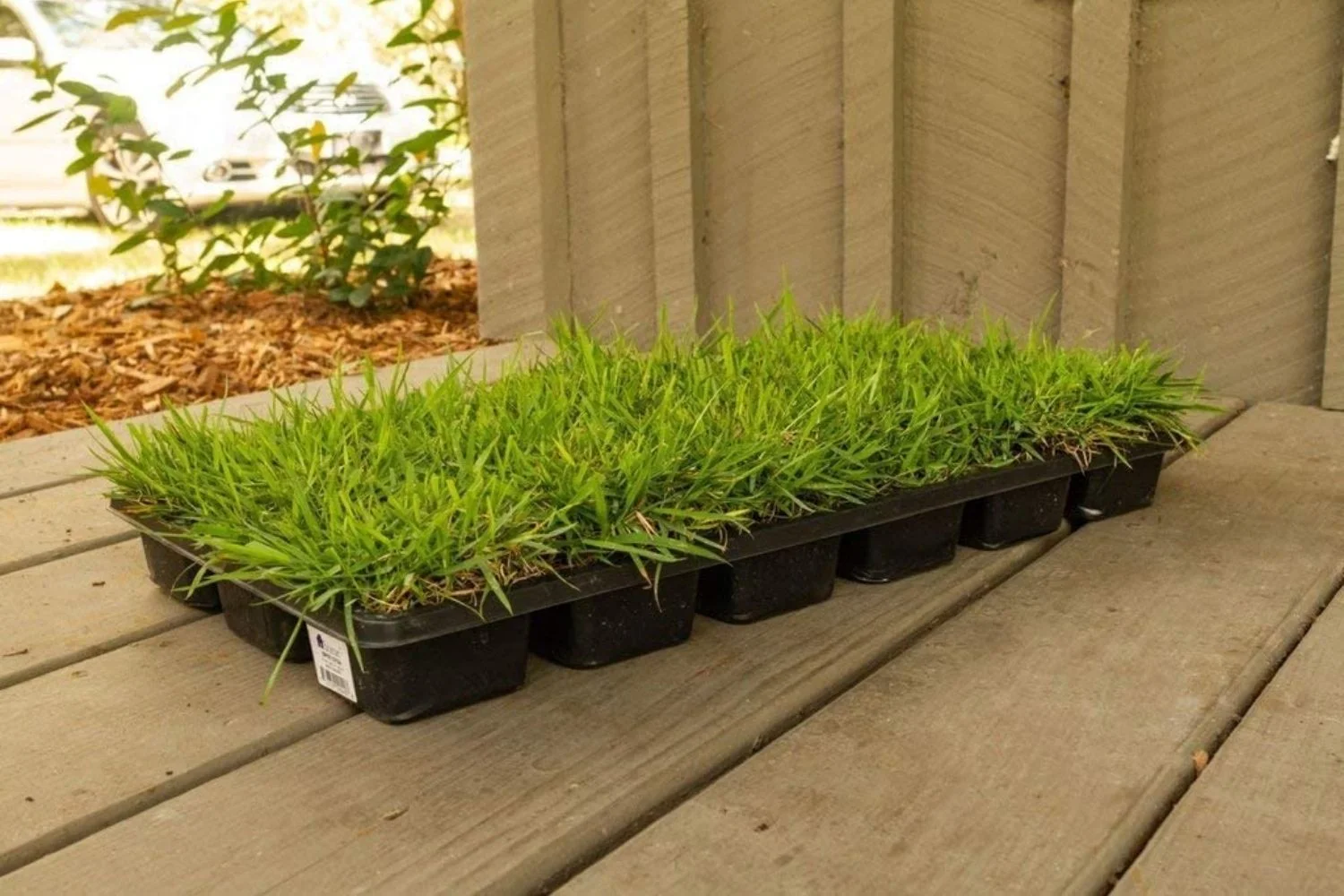
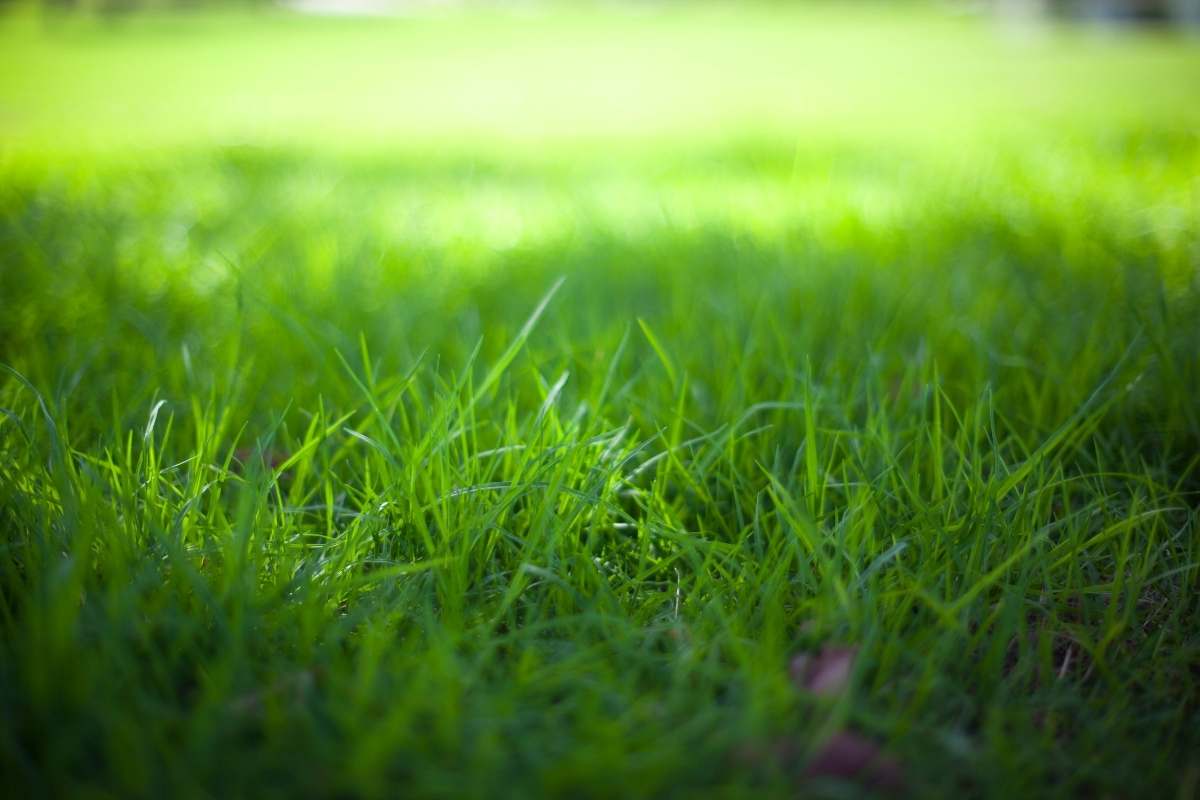
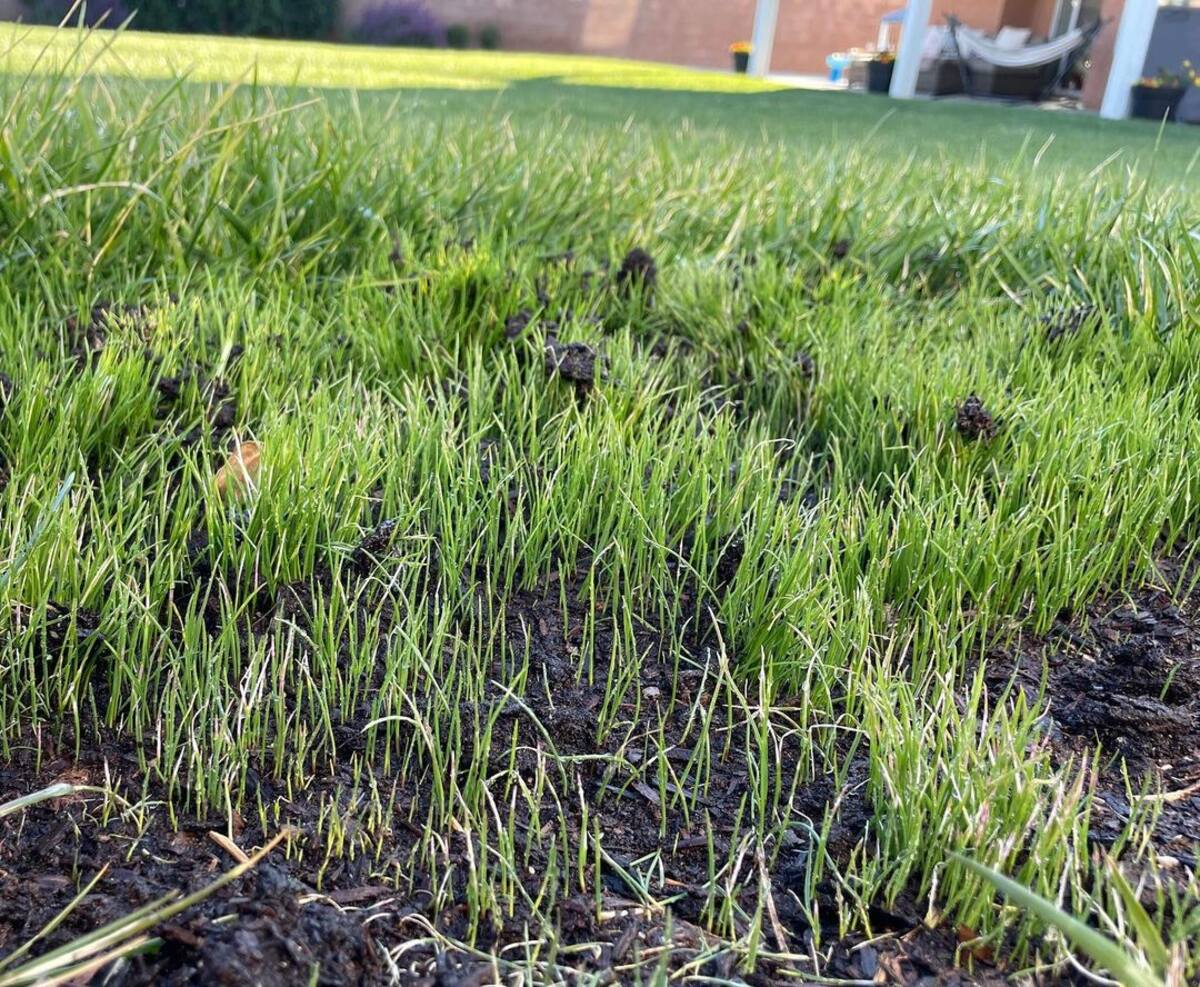
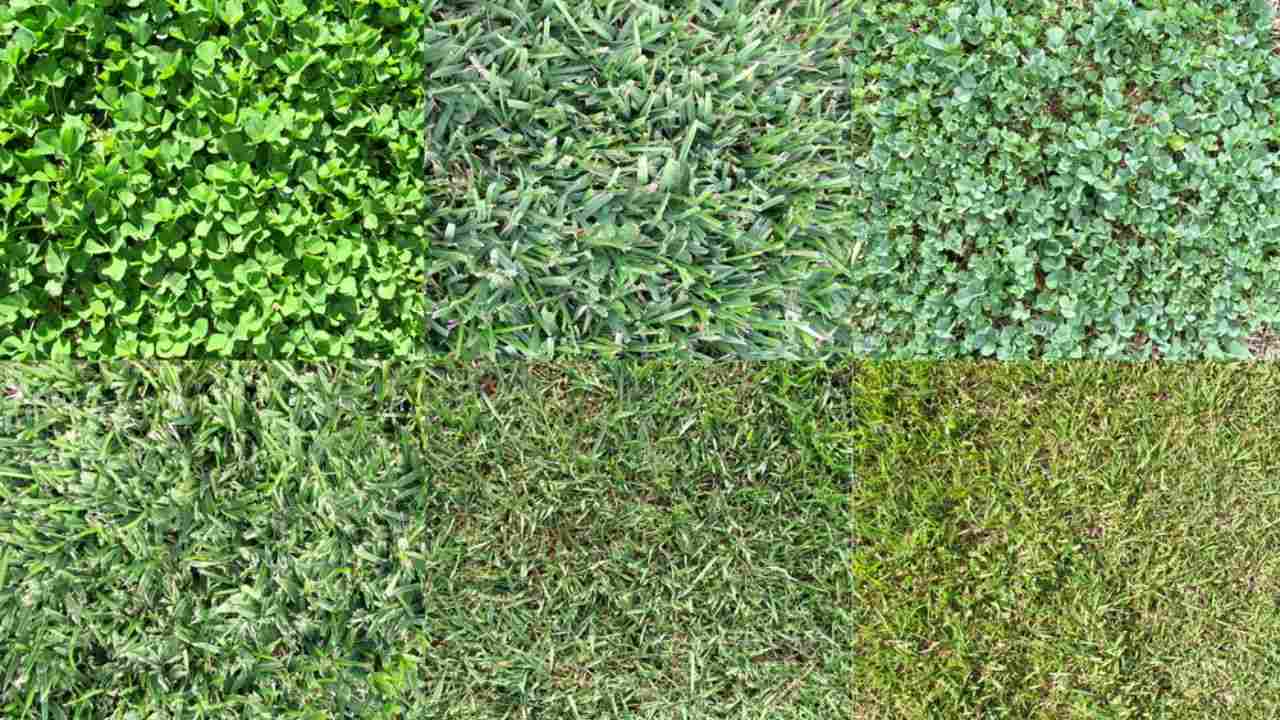
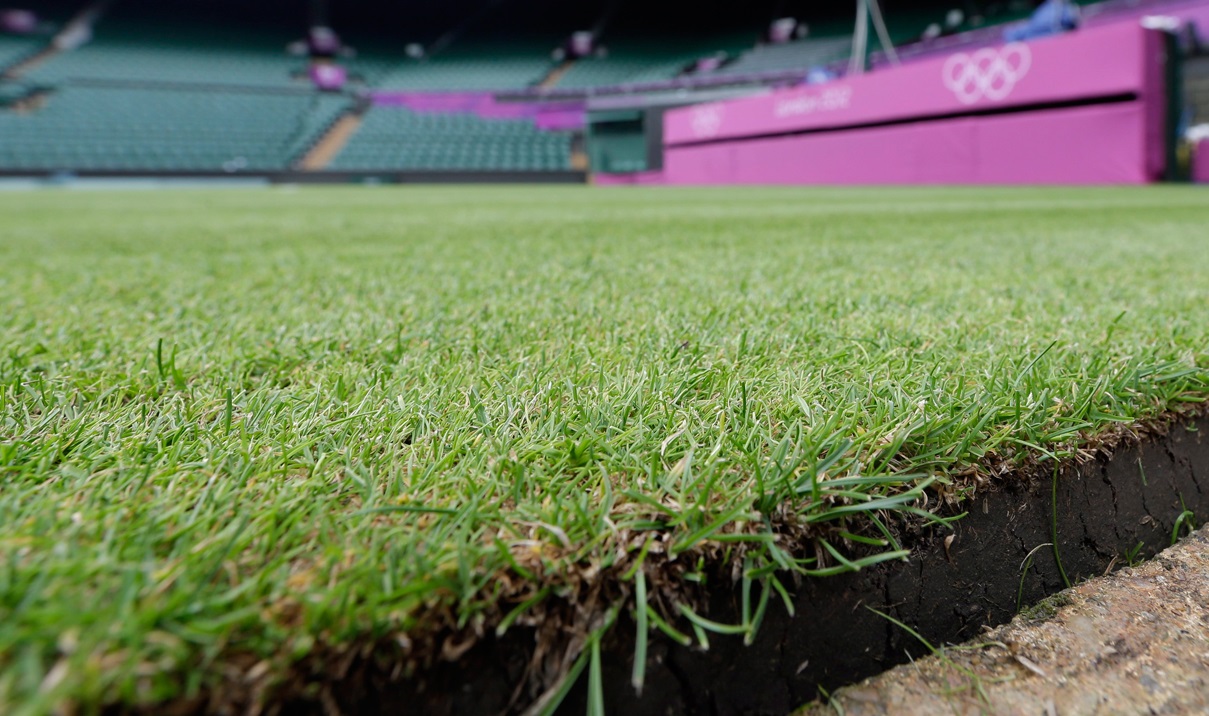
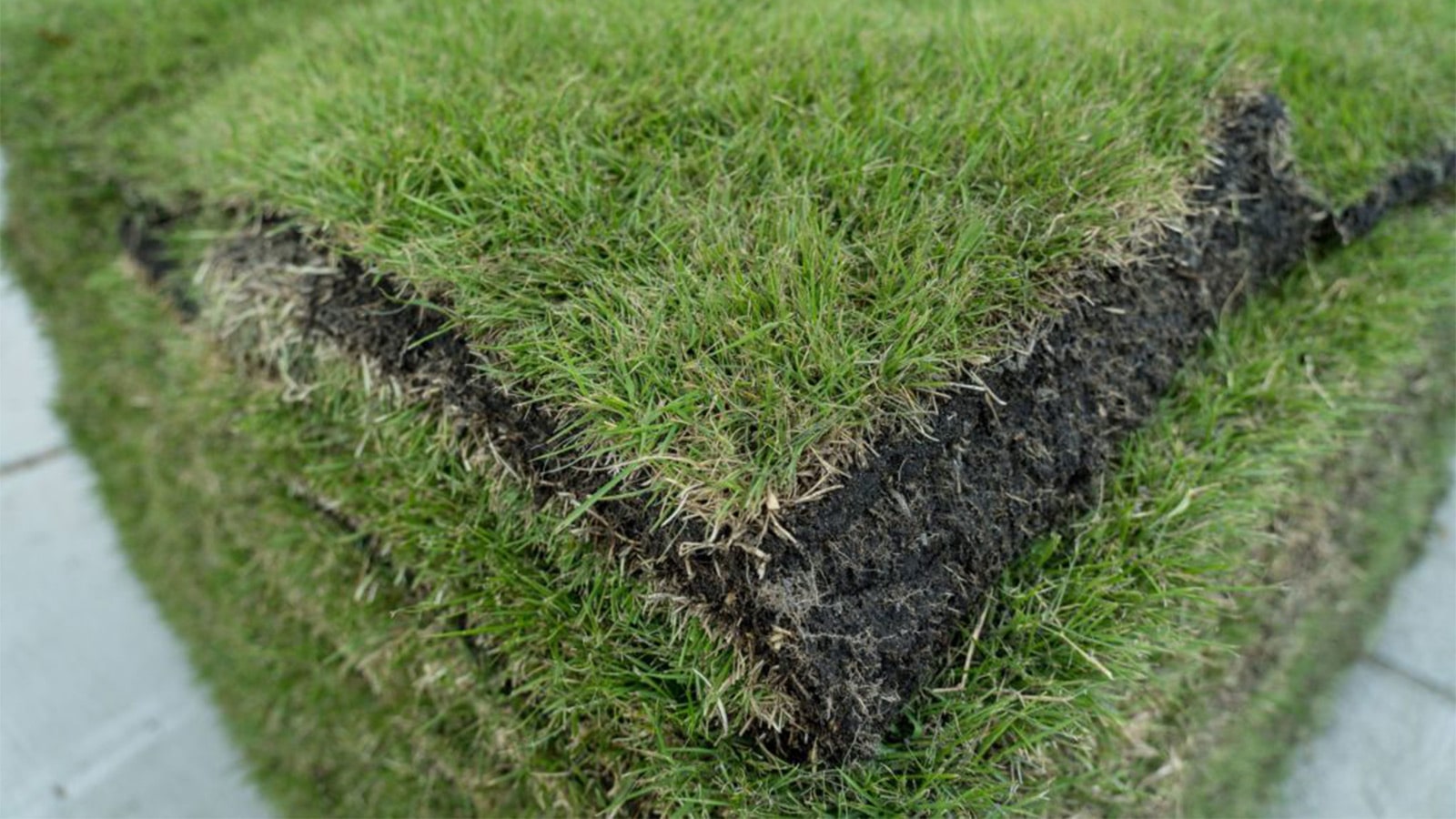
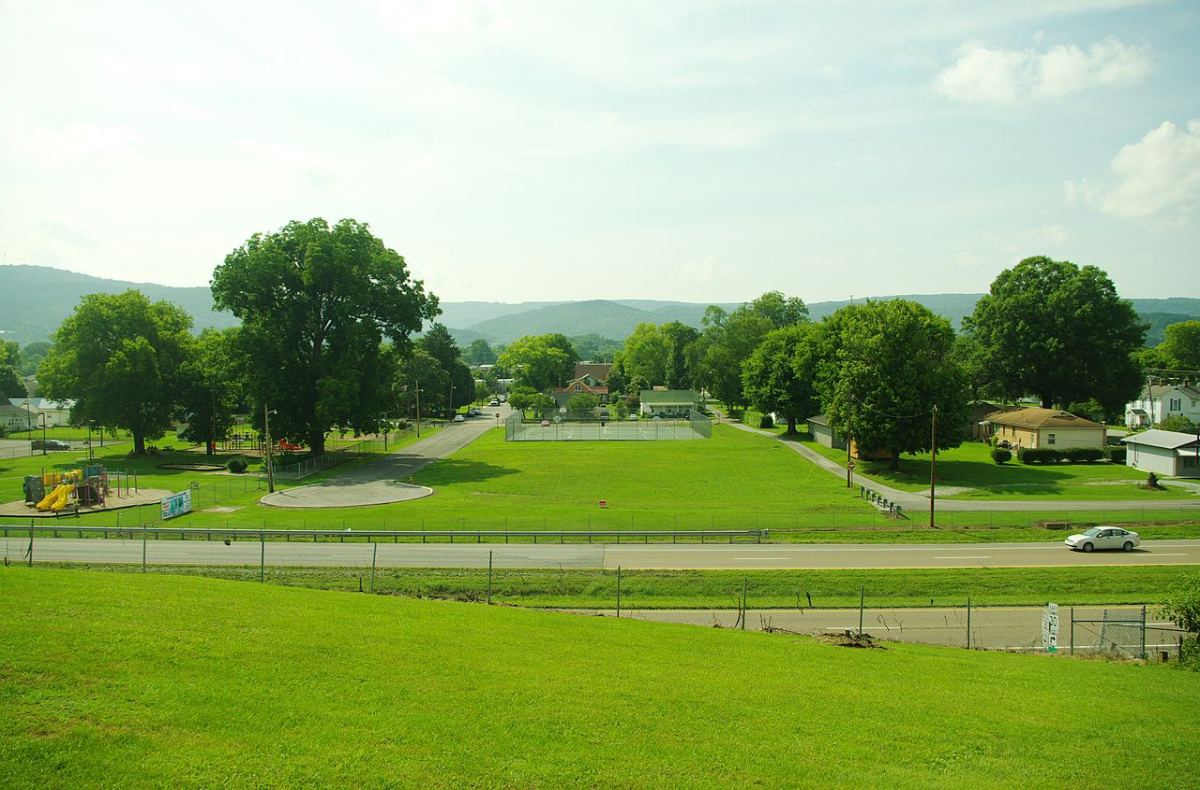

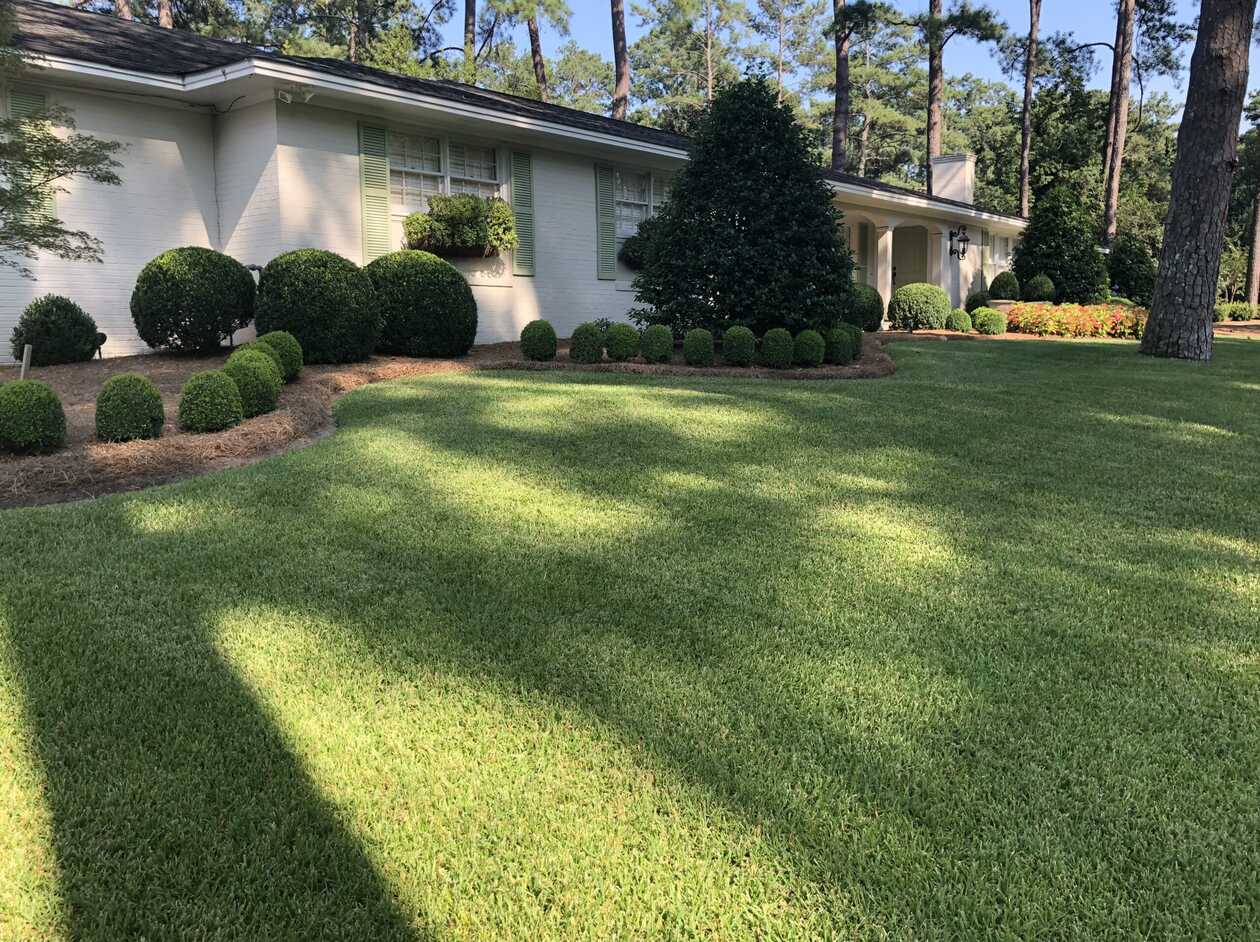

0 thoughts on “What Kind Of Grass Grows In Tennessee”